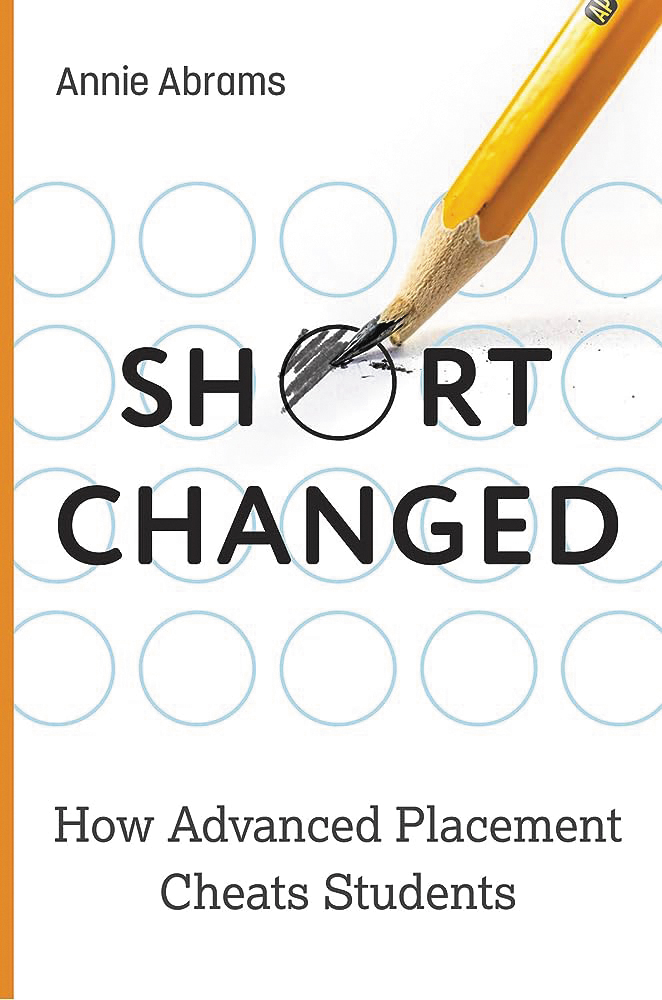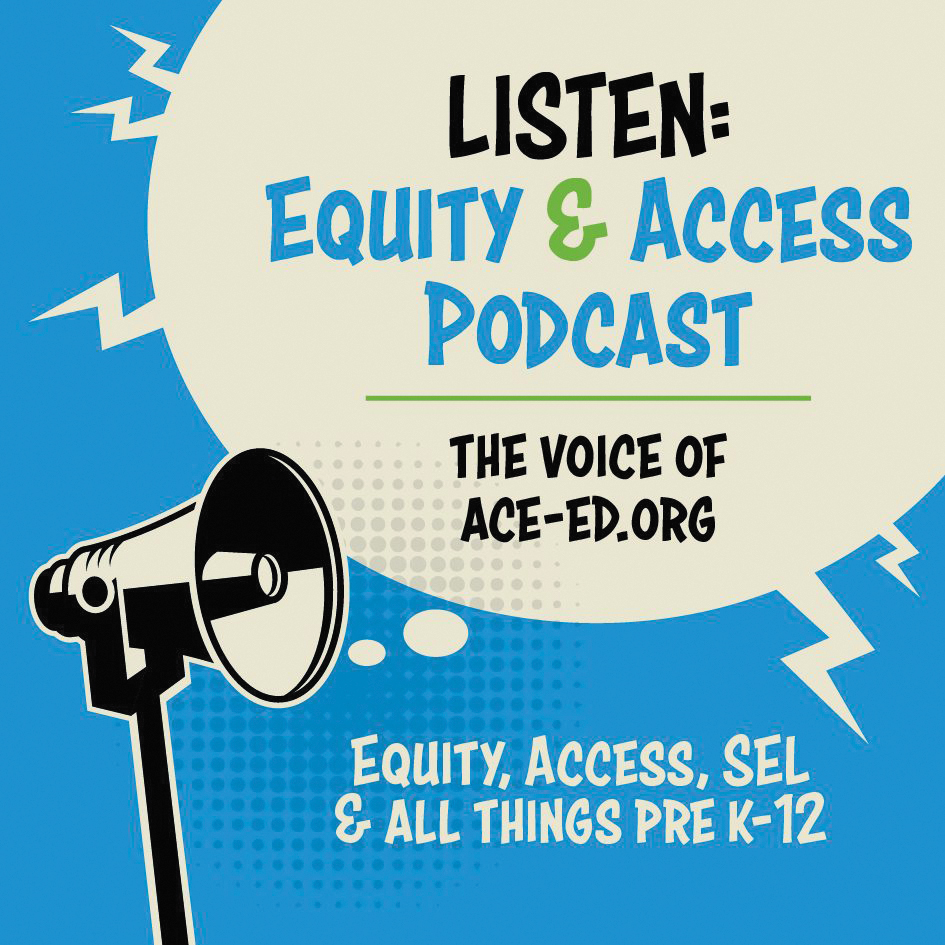Syllabus: December 2023
Short Changed: How Advanced Placement Cheats Students

For many years, the primary opportunity for students to explore advanced topics in education while potentially earning college credit was through the AP program from the College Board. But while a student may earn college credits, are they truly receiving a college education? That’s a complicated question Annie Abrams seeks to answer in her book, Short Changed: How Advanced Placement Cheats Students (John Hopkins University Press). Abrams provides an extensive historical narrative of the program, detailing key players and the reasoning behind its creation, as well as changes in the program since its inception. She seriously questions whether the program is still an effective substitute for courses at the universities themselves. The book includes a discussion of modern tools such as AP Classroom and the Course Framework, as well as how specific courses, such as AP US History, AP English Language, and AP English Literature, are greatly affected by new rubrics designed to efficiently grade thousands of exams each year. School leaders will appreciate Abram’s argument that the programs may actually create deficiencies in critical foundational work and limit students’ abilities to express their newfound knowledge of advanced topics.
—Eric Basilo, EdD | Assistant Principal
Markham Woods Middle School, Lake Mary, FL
Education Talk Radio

Produced by the American Consortium for Equity in Education, Education Talk Radio covers diverse topics ranging from creating inclusive classrooms to helping prepare for the AI generation to educational issues about leadership. The podcast is linked to a helpful website at ace-ed.org, with free resources focused on supporting educational equity at all levels. Host Larry Jacobs interviews school leaders, authors, and education experts about the challenges schools face on multiple fronts. For example, two episodes from July feature an interview with Michael Brown, president of the Maryland Association of Secondary School Administrators, on how the organization successfully advocated against a requirement that school administrators also teach classes. The interview in August with Patti West-Smith from Turnitin offers helpful strategies for making assignments ChatGPT proof. And “The Excellent 11: A Teacher’s Guide to Motivate and Inspire and Educate,” an episode from July with author Ron Clark, provides food for thought on student success. School leaders striving to be the best version of themselves in their roles would be wise to add this podcast to their listening list.
—Alan Stanfield | Assistant Principal
Glacier High School, Kalispell, MT
Critical Race Theory and Its Critics: Implications for Research and Teaching

Christine E. Sleeter and Francesa López have produced a relevant and timely text for education leaders today. Their book, Critical Race Theory and Its Critics: Implications for Research and Teaching (Teachers College Press), is masterfully written and thoroughly explains the term critical race theory, an area of study in the legal field dating to the 1980s—not something used in K–12 education to indoctrinate young children as the theory’s critics contend. López, a professor of education at Penn State University, and Sleeter, a professor emerita at California State University, Monterey Bay, provide school leaders with the armor necessary to counter the narrative that critical race theory has gained a foothold in schools. The book also explores other approaches that are, in fact, better suited to help build more inclusive learning environments, such as culturally responsive pedagogy and restorative justice practices. The authors advocate for additional research on the impact of teaching about race for elementary and secondary students and for those in higher education to help young people “understand not only what unites us, but also what has divided and harmed us, so that they can right what has been wrong.”
—Latrese Younger | OSQ (Office of School Quality) Specialist
Virginia Department of Education, Richmond, VA
Our Children Can’t Wait: The Urgency of Reinventing Education Policy in America

Edited by Joseph P. Bishop, Our Children Can’t Wait: The Urgency of Reinventing Education Policy in America (Teachers College Press) is a powerful compilation of essays highlighting the urgent need to addresses the systemic barriers that disadvantaged children face. In each chapter, various experts, such as Channa Mae Cook, executive director for district and school support at the Sacramento County Office of Education; Tyrone C. Howard, a professor of education at UCLA; and Bruce Lesley, the president of First Focus on Children, review the factors that impact children’s personal well-being and school success. With a galvanizing foreword by NEA President Becky Pringle, the book delves into a range of pressing concerns including housing insecurity, school safety, transformative justice, youth incarceration, race, gender, disability, child poverty, health, hunger, homelessness, and immigration status. Bishop, the executive director of UCLA’s Center for the Transformation of Schools, grounds the book in the idea that “schools have a clear responsibility to play in the equation to support students but cannot tackle inherited issues of inequality alone.” The book concludes with a call to action, which offers a roadmap for our schools to uplift every child they serve.
—Brendy Siev | Assistant Principal
Kosloff Torah Academy, Bala Cynwyd, PA
